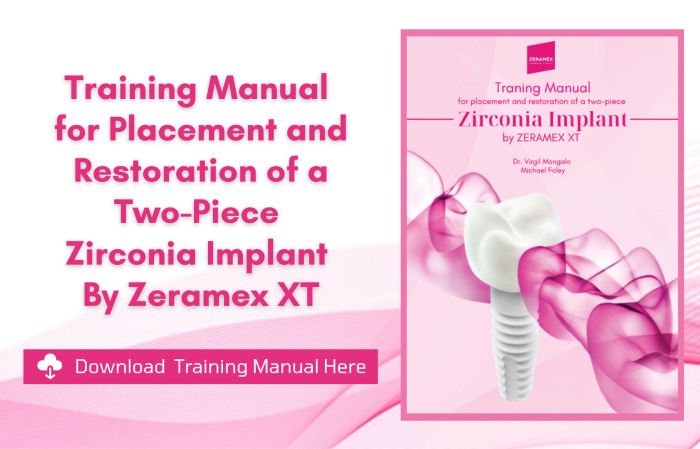Abstract
Dental implants are often made of titanium alloys. Implant therapy currently promises a good long-term result without impacting health; however, its success depends on many factors. In this article, the authors focus on the most common risk factors associated with metallic surgical implants. Titanium-induced hypersensitivity can lead to symptoms of implant rejection. Corrosion and biofilm formation are additional situations in which these symptoms may occur. For medical purposes, it is important to define and discuss the characteristics of metals used in implantable devices and to ensure their biocompatibility. To avoid hypersensitivity reactions to metallic dental implants, precautionary principles for primary prevention should be established.
Conclusion
The advantages of endosseous prosthetics have attracted many dentists, resulting in the increased use of implant treatment. Increased life expectancy of the population demands the design of implant biomaterials demonstrating minimal deleterious effects on host tissues. Although traditional materials, such as titanium or its alloys have been widely used and promote osseointegration, there are some concerns such as metal ion release, allergic responses and biofilm formation. The definitive treatment for confirmed titanium hypersensitivity reaction is the removal of the device; however, medical management is possible in some cases. Better understanding of the risk factors associated with metallic surgical implants is necessary in patients undergoing dental implant treatment as well as joint replacement surgery.


just had my titanium implant removed after 1.5 years. Extreme mouth irritation, one side of tongue red with bumps, burning mouth